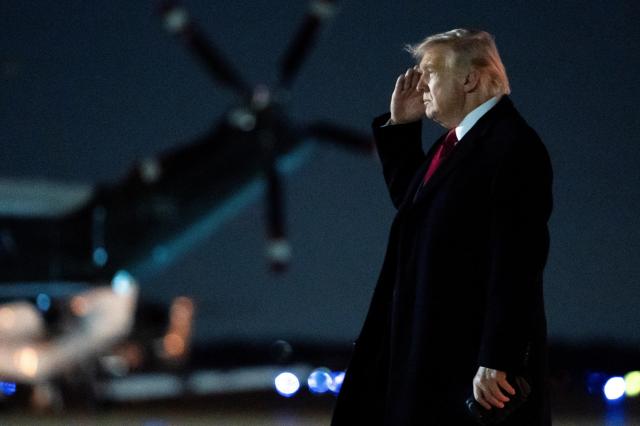
SEOUL, April 23 (AJP) - South Korean pharmaceutical companies are bracing for the fallout from U.S. President Donald Trump's tariffs and drug price reforms that could reshape the global pharmaceutical landscape and disrupt overseas supply chains.
The Trump administration has launched a national security investigation into the pharmaceutical sector — a move widely seen as laying the groundwork for potential tariffs.
While the exact contours of the proposed levies remain unclear, Trump has previously floated the idea of a 25 percent tariff. The prospect has triggered anxiety among global drugmakers and supply chain strategists, who warn of higher costs and pricing instability.
Analysts say that if implemented, the tariffs could erode the price competitiveness of foreign manufacturers over the medium to long term, with ripple effects across the pharmaceutical industry.
Adding to industry unease, media reports suggest that the Trump team is considering linking U.S. drug prices to those paid in other developed countries — a proposal that could compound pressures on pharmaceutical firms already grappling with tighter margins.
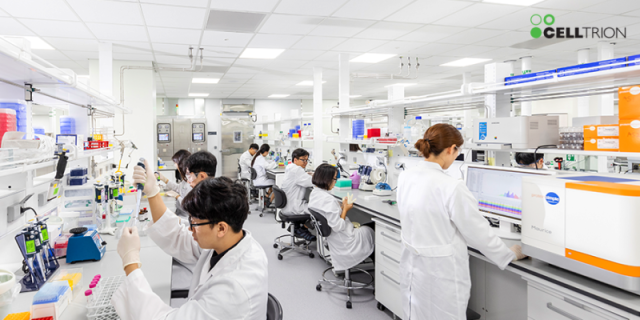
In South Korea, some companies are already taking precautionary steps.
Celltrion, a leading biopharmaceutical manufacturer, announced in February that it had transferred nine months’ worth of inventory for U.S.-bound products in anticipation of potential disruptions.
The company is also considering shifting portions of its production to American contract manufacturing organizations (CMOs) to mitigate risks. As a longer-term strategy, Celltrion is evaluating increased exports of drug substances — components that typically face lower tariffs — as a way to maintain market access.
SK Biopharmaceuticals, which sells the epilepsy treatment Cenobamate in the United States, said it has secured a six-month inventory buffer and contracted with an FDA-approved manufacturer capable of stepping in quickly if needed. Currently, the company completes its final packaging in Canada before shipping to the U.S.
Samsung Biologics finds itself in a particularly delicate position. Despite its U.S. sales accounting for just over a quarter of its revenue, the company lacks production capacity in the United States — a contrast to rivals such as Thermo Fisher Scientific, Catalent, and Switzerland’s Lonza Group.
Industry insiders caution that while Samsung Biologics may not be directly affected by initial tariff measures, an expanded policy scope could expose the firm’s key products — including monoclonal antibodies — to new costs and uncertainties.
The policy push has also drawn criticism from American pharmaceutical executives.
Joaquin Duato, CEO of Johnson & Johnson, argued that tariffs could backfire by introducing supply chain volatility. “There’s a reason pharmaceutical tariffs are zero,” he said. “If you want to build capacity in the U.S., the most effective lever isn’t tariffs — it’s tax policy.”
Even for companies willing to reshore, logistical hurdles remain steep. According to the Pharmaceutical Research and Manufacturers of America, building a new biopharmaceutical facility can cost up to $2 billion and take as long as a decade to complete.
Eli Lilly CEO Dave Ricks told the BBC that existing price agreements with insurers and government programs mean that companies cannot simply pass tariff costs to consumers.
“So we have to eat the cost of the tariffs and make trade-offs within our own companies,” he said, noting that the result could be reduced staffing or cuts to research and development.
Yet Trump’s agenda has not been without concessions to the industry. His campaign has floated plans to scale back portions of the Biden administration’s Inflation Reduction Act, particularly provisions that allow Medicare to negotiate drug prices — a policy pharmaceutical companies argue discourages innovation.
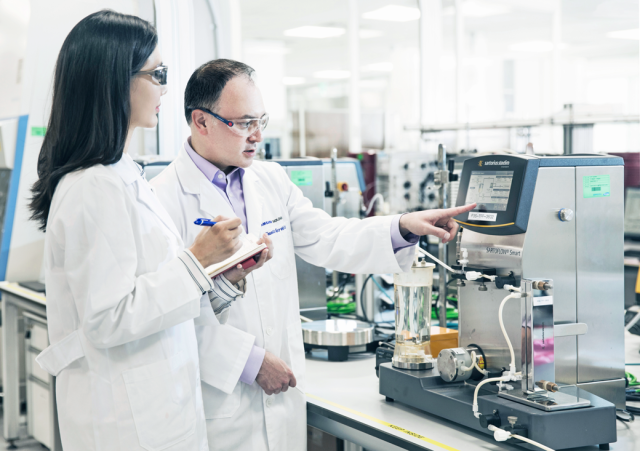
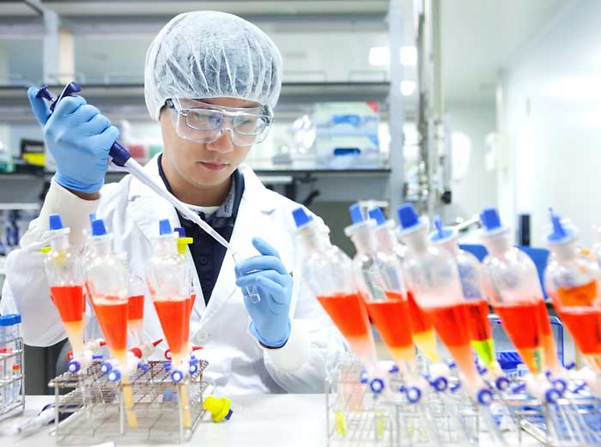
Current law allows negotiations for complex biologic drugs 13 years after market entry, and for simpler pills and capsules after nine years.
Trump has proposed extending those timelines by at least four years, a move likely to be welcomed by manufacturers but viewed with skepticism by consumer advocates concerned about higher drug costs.
The Trump team has also pointed to past efforts to expedite the FDA’s approval process for biosimilars — a measure intended to encourage market competition and lower costs.
Still, South Korean industry officials remain cautious.
“If Trump decides to push forward with tariffs, the combination of tariffs and biosimilar incentives may become a zero-sum game,” said Hwang Ju-rie, director of public and international relations at the Korea Biotechnology Industry Organization. “The benefits and drawbacks could cancel each other out.”
Hwang noted that over 90 percent of South Korea’s biotech firms remain in the research phase, meaning only a handful of FDA-approved products — largely from larger firms — would be directly affected in the near term.
“For now,” she added, “the industry is watching closely. Nothing is certain.”
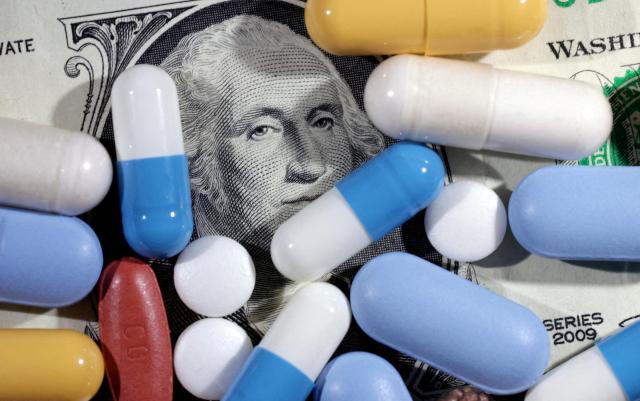
Copyright ⓒ Aju Press All rights reserved.


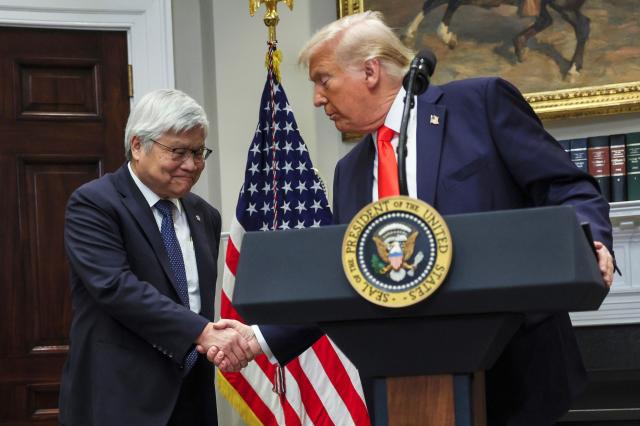

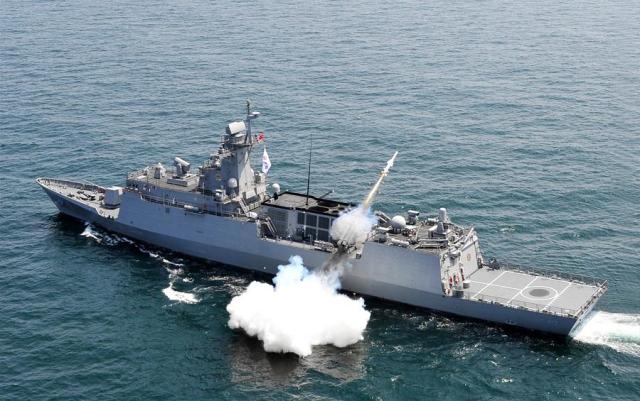
View more comments